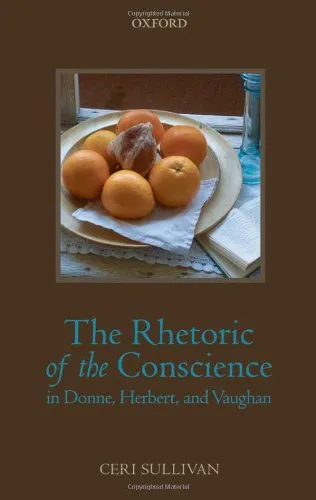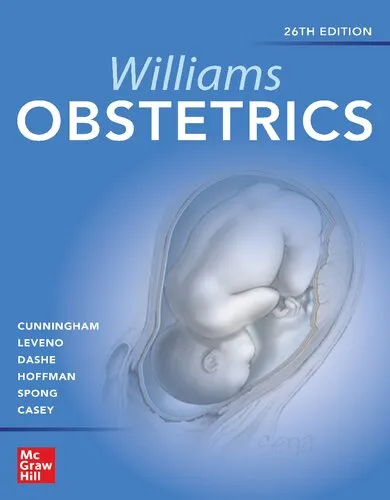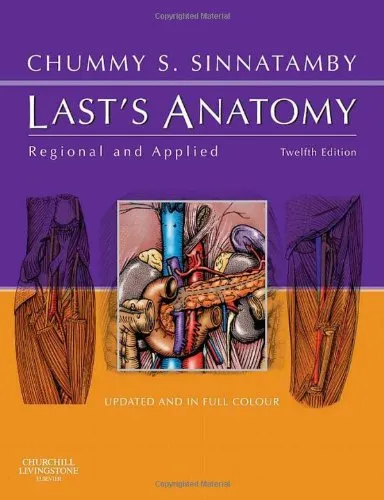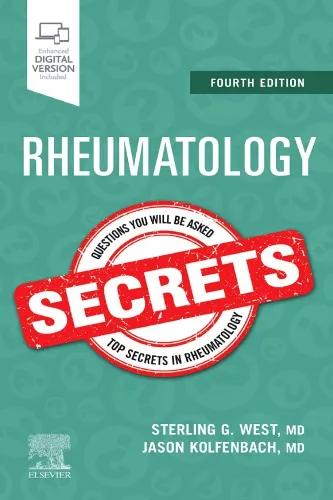The Rhetoric of the Conscience in Donne, Herbert, and Vaughan
4.6
Reviews from our users

You Can Ask your questions from this book's AI after Login
Each download or ask from book AI costs 2 points. To earn more free points, please visit the Points Guide Page and complete some valuable actions.Related Refrences:
There is a kind of conscience some men keepe, Is like a Member that's benumb'd with sleepe; Which, as it gathers Blood, and wakes agen, It shoots, and pricks, and feeles as bigg as ten Donne, Herbert, and Vaughan see the conscience as only partly theirs, only partly under their control. Of course, as theologians said, it ought to be a simple syllogism, comparing actions to God's law, and giving judgment, in a joint procedure of the soul and its maker. Inevitably, though, there are problems. Hearts refuse to confess, or forget the rules, or jumble them up, or refuse to come to the point when delivering a verdict. The three poets are beady-eyed experts on failure. After all, where subjects can only discover their authentic nature in relation to the divine it matters whether the conversation works. Remarkably, each poet - despite their very different devotional backgrounds - uses similar sets of tropes to investigate problems: enigma, aposiopesis (breaking off), chiasmus, subjectio (asking then answering a question), and antanaclasis (repetition with a difference). Structured like a language, the conscience is tortured, rewritten, read, and broken up to engineer a proper response. Considering the faculty as an uncomfortable extrusion of the divine into the everyday, the rhetoric of the conscience transforms Protestant into prosthetic poetics. It moves between early modern theology, rhetoric, and aesthetic theory to give original, scholarly, and committed readings of the great metaphysical poets. Topics covered include boredom, torture, graffiti, tattoos, anthologizing, resentment, tears, dust, casuistry, and opportunism.
Free Direct Download
You Can Download this book after Login
Accessing books through legal platforms and public libraries not only supports the rights of authors and publishers but also contributes to the sustainability of reading culture. Before downloading, please take a moment to consider these options.
Find this book on other platforms:
WorldCat helps you find books in libraries worldwide.
See ratings, reviews, and discussions on Goodreads.
Find and buy rare or used books on AbeBooks.
1222
بازدید4.6
امتیاز0
نظر98%
رضایتReviews:
4.6
Based on 0 users review
Questions & Answers
Ask questions about this book or help others by answering
Please login to ask a question
No questions yet. Be the first to ask!
















